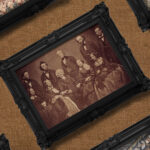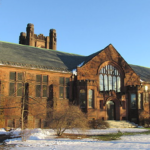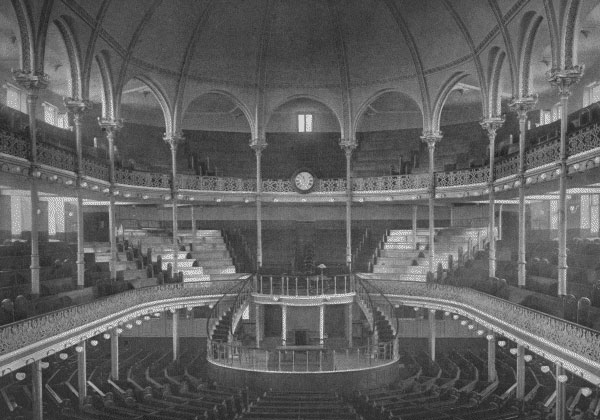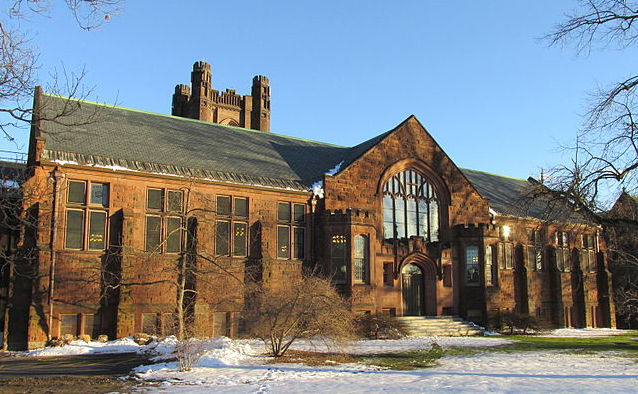Why are Christians—especially evangelical Christians—under-represented on college faculties? The question itself is controversial. My Baylor colleague George Yancey has argued that he is more likely to experience discrimination in academia for being an evangelical than for being an African American. Our information about Christians in academia is somewhat impressionistic, but it seems clear that the overall history of higher education in America has gone from “Protestant establishment” to “established nonbelief,” as George Marsden’s The Soul of the American University puts it. Yancey finds that roughly half of college and university faculty would be less likely to hire a job candidate if he or she were a conservative Christian.
It is undoubtedly true that at secular private and at public colleges, outspoken Christian faculty are in a decided minority. But before we consider why that might be, a few caveats are in order. First, I suspect that there is even more hostility toward Republicans than Christians per se, especially in the age of Trump. If you are a self-identified evangelical whose work or opinions are clearly anti-Trump or anti-Republican, your faith is less likely to be a problem.
Second, there are a number of fields where faith is less likely to be an overt issue—math or physics, for instance. In those fields, faculty are more capable of making their faith a private matter. People who study religious topics are more likely to attract questions about the reasons why they chose to write or teach about religion.
Finally, faculty members run the same gamut of faith that average Americans do. Many of them are from a nominal Christian background and might still be theists of some sort, even if they aren’t sure about doctrinal Christianity. But Christian faith typically makes no discernible difference in the teaching or research of such faculty.
In any case, outspoken Christians in secular academic circles are few and far between. Why? There are a number of potential factors:
- Conservative Christians have the impression that academia is hostile, and they self-select out.
- As fewer Christians are represented in academia, promising Christian students are less likely to be encouraged to consider an academic career path. (This is also true of students from middle-class or poor backgrounds generally.)
- Christians have built their own subculture of Christian colleges and seminaries, which are welcoming to people of faith but often marginal to the scholarly discussions in elite institutions.
- Even when it is not overtly hostile to Christians, secular academia is methodologically naturalistic, making faith-based claims “out of bounds” there.
- Some fields, such as biblical studies or evolutionary science, entail certain convictions that are inimical to the faith of many evangelical Christians. It can be tough to participate in elite, secular scholarly conversations in biblical studies while affirming divine inspiration of Scripture, much less the inerrancy of Scripture.
Is all this a problem? In some ways not—Christians throughout history have often been excluded from elite institutions, and that has never kept the church from being the church. Nevertheless, most of us would agree that great Christian scholars, from Augustine to Jonathan Edwards to C. S. Lewis, have had a sanguine enduring effect on the life of the church. Christian subculture is, on balance, less likely to produce such scholars. We also need Christians who influence the highest levels of academic discourse, even if just by forcing secular elites to contend with Christian perspectives.
We also need credentialed and tested Christian scholars to help the church perceive the difference between experts and charlatans. Christian subculture is teeming with the latter, pop “experts” in science, history, and the Bible who are peddling misleading or fraudulent information. When we accept what the charlatans are selling, it is bad for the church and bad for our witness. The influence of faithful scholars, teachers, and professors can steel Christians intellectually to face challenges to a life of faith, to operate within orthodox boundaries, and to relish the best traditions of the church.
Sign up here for the Thomas S. Kidd newsletter. It delivers unique content only to subscribers.

















